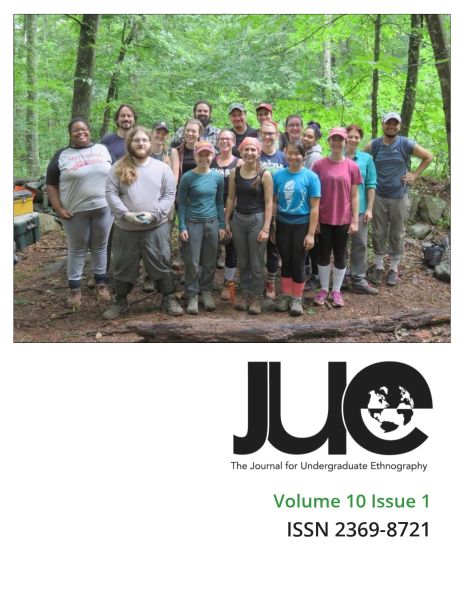Island Empowerment as Global Endowment: Understanding Hawaiian Adaptive Cultural Resource Management
DOI:
https://doi.org/10.15273/jue.v10i1.9949Keywords:
Hawai‘i, cultural resource management, sustainability, ahupua‘a, indigeneity, traditional ecological knowledgeAbstract
Based on fieldwork and interviews with academics, activists, government officials, and indigenous alaka‘i (practitioners) involved in the revival of traditional fishponds and ahupua‘a (land-based management systems), I provide a case study of the politics of cultural resource management on two islands in Hawai‘i. Analyzing the intersections of identity, community, education, and spirituality as they influence indigenous sciences of sustainable resource management, I underscore themes in cultural resource management, historically based restoration, Community Based Subsistence Fishing Areas (CBSFAs), and Traditional Ecological Knowledge (TEK), particularly focusing on the merits of combining these methods to create an adaptive resource management style. According to informants' understandings of place, culture, and politics in their own lives, the ideal model for a sustainable global future should be based on an indigenous place-based model of “adaptive” cultural resource management.


